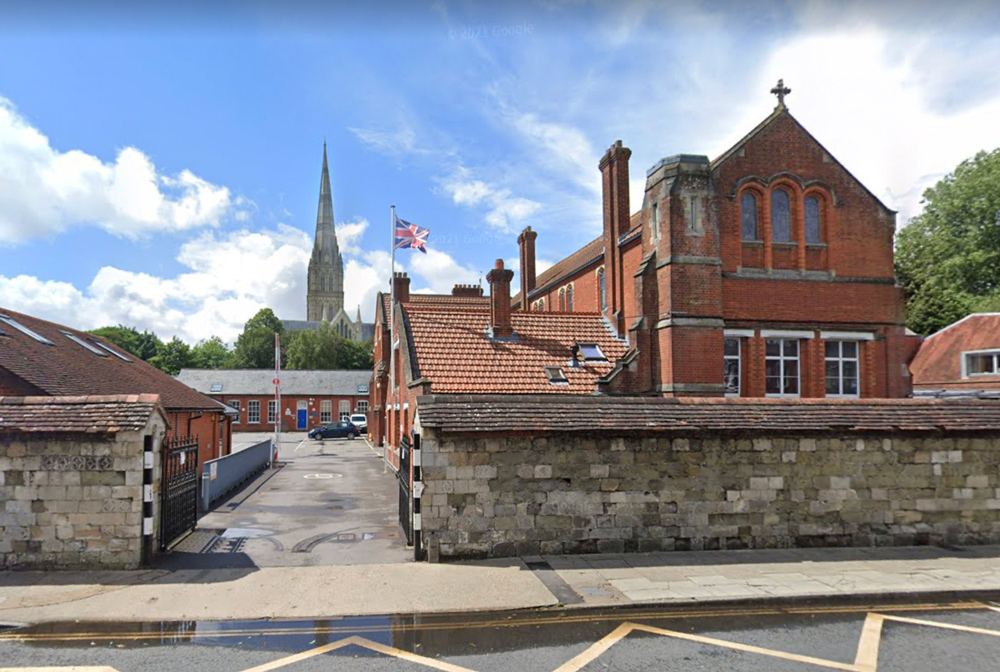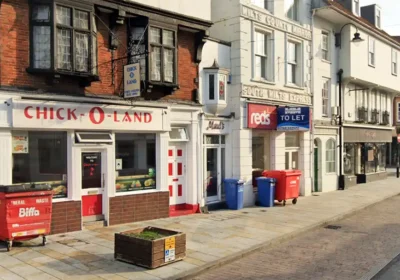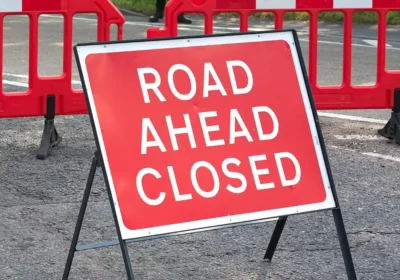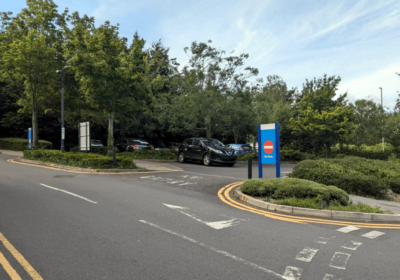A report on the BBC website by education editors Branwen Jeffreys and Wesley Stephenson recently suggested that a quarter of England’s state grammar schools were failing to admit poorer children despite having policies in places to address the issue.
The report states that out of 160 grammar schools, 116 either have quotas or give high priority to children from disadvantaged backgrounds in their admissions policies.
The latest BBC analysis found that in a quarter of grammar schools fewer than 5% of children were eligible for pupil premium support, commonly used as a measure of disadvantage, along with free school meals.
This is in stark contrast to the number of state secondary schools – 13 out of more than 3,000 – that has equivalent levels.
The BBC analysis is based on a briefing report, Grammar schools in England which was published on 13 March and logged in the House of Commons Library.
According to the briefing report, grammar schools educate just 5% of secondary pupils in England. However, their impact has an impact across the local area.
Grammar schools are selective, with pupils sitting papers in a number of subjects, the briefing suggests that pupils who attend comprehensives in areas with grammar schools do less well in GCSEs than those without grammar schools.
The BBC report noted that the situation has improved in terms of social mobility admission policies. Seven years ago, few grammar schools had quotas or other methods to make entrance more accessible.
The situation has improved, with the BBC reporting that there are now three times as many grammar schools with specific quotas than there were seven years ago, a few have lowered pass marks for their entrance tests, while only a small minority still had no measures to improve accessibility for children from disadvantaged backgrounds.
Seven years ago, the BBC found that most grammar schools did not have policies aimed at making it easier for children from the poorest families to get a place.
The investigation revealed:
● Three times as many grammars have a quota of places for poorer pupils than in 2016
● A few have also lowered their entrance test pass marks for poorer pupils
● A small minority still give no priority to disadvantaged pupils at all
● Grammar school places have increased by 19%, faster than total pupil numbers.
A non-binding agreement between the government and grammar schools, setting out how they could be more inclusive, expired in December, with the Department for Education currently reviewing what should happen next.
Grammar schools remain popular with parents and many schools have expanded in recent years as pupil numbers continue to grow. Salisbury has two grammar schools, South Wilts which is girls-only until sixth form and Bishop Wordsworth’s which is boys-only, also until sixth form.
At South Wilts, pupils numbers have risen by 24% since 2010, compared to a 4% rise across the local authority.
The number of children from disadvantaged backgrounds stands at 4%, compared to 17% across Wiltshire local authority. It currently places a high priority on admissions for disadvantaged children with an emphasis on allocating places.
Meanwhile at Bishop Wordsworth’s, pupil numbers have risen by 33% since 2010, compared to a 4% rise across the local authority.
The number of children from disadvantaged backgrounds also stands at 4%, compared to 17% across Wiltshire local authority. It currently places a high priority on admissions for disadvantaged children with an emphasis on allocating places.
The school has a defined number of places set aside and a lower test score required for children from disadvantaged backgrounds.
The Gazette has approached both schools for comment.
https://commonslibrary.parliament.uk/research-briefings/sn07070/

News
Some Grammar Schools in UK failing poorer pupils, says BBC
salisburyavonMarch 27, 20230 Comment0
Related Articles
CrimeNews July 26, 20240
Arrest after alleged hate crime at Chick-O-Land takeaway in Salisbury
A MAN has been arrested over an alleged hate crime at a Salisbury takeaway. The…
MotoringNews July 26, 20240
More road closures in Salisbury as improvement work continues
TWO busy Salisbury routes will be closed for improvement works as part of a…
Health & WellbeingMotoringNews July 24, 20240
Salisbury hospital traffic warning ahead of theatre delivery
WORK on a new operating theatre at Salisbury District Hospital will bring delays to…








Leave a Reply